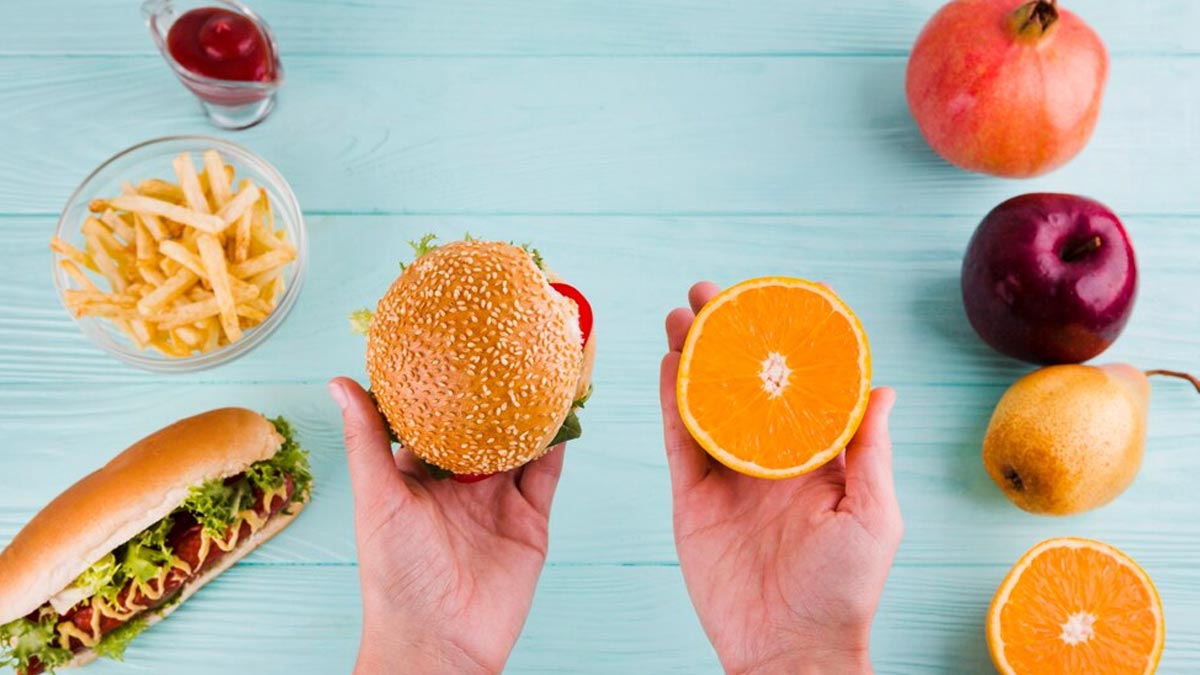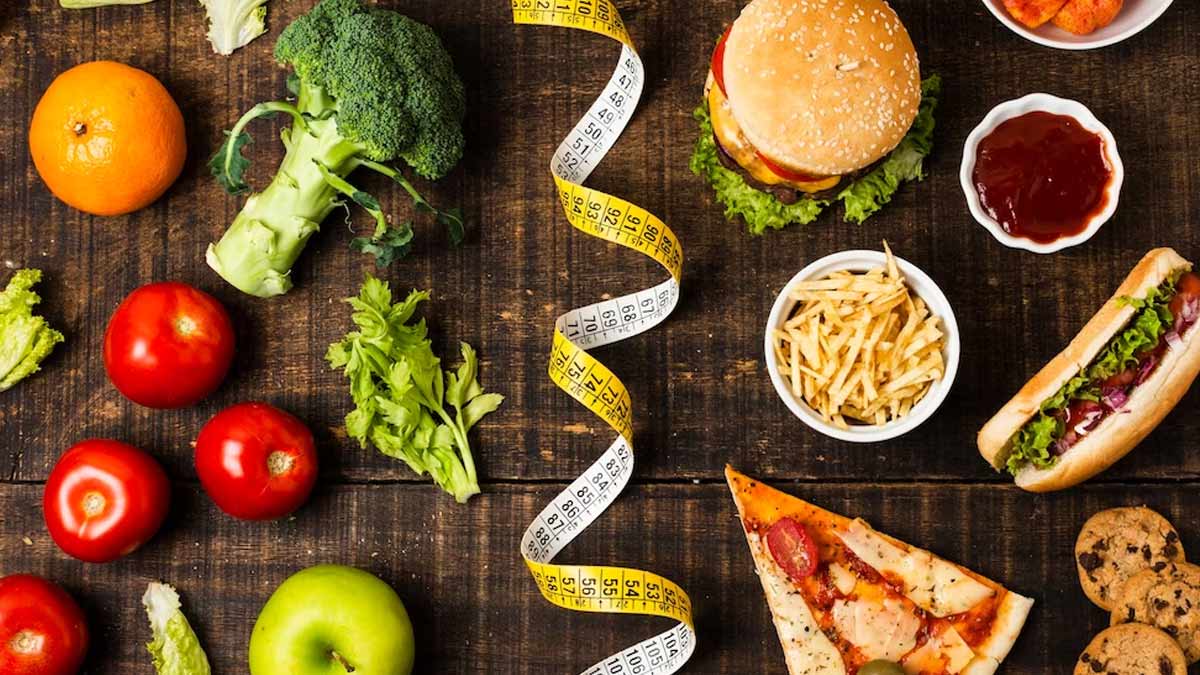
Imagine scrolling through your Instagram feed, and you come across a mouthwatering image of a trendy "fat-burning" food that promises to melt away those stubborn fat. It's hard to resist the allure of these claims, but it's time to separate fact from fiction when it comes to fat-burning foods. In this article, we will expose the truth behind fat-burning foods, explore the key principles of fat loss, debunk common myths, and provide practical lifestyle changes to achieve sustainable fat loss.
Table of Content:-
The Key To Burning Fat
According to Delhi-based dietician Priya Bansal, MSc Nutrition, formerly worked at Apollo Hospital, Delhi, "When it comes to fat loss, the fundamental principle is creating a caloric deficit." The human body enters the calorie deficit when you start consuming fewer calories than your maintenance calories. Let's say your weight is 60kg and your maintenance calories are around 1,800. If you will consume 1,500, you will be in a deficit of 300.

Bansal stated that no single food can directly burn fat; it is the overall calorie balance that determines fat loss. It's important to understand that sustainable fat loss requires a combination of proper nutrition, regular physical activity, and lifestyle changes.
Also Read: 5 Tips For Fat Loss That Can Guarantee Results
Myth: The Magic Fat-Burning Food
Bansal emphasised that the concept of a specific food that burns fat is a pervasive myth. While certain foods may have minor metabolic-boosting effects, they cannot single-handedly cause significant fat loss. Fat-burning foods often gain popularity due to specific ingredients or claims that they boost metabolism. She added that the reality is that any effects are modest and short-lived. Fat loss is a complex process that involves overall calorie balance rather than the magical properties of specific foods.
Lifestyle Changes To Support Fat Loss

1) Nutrient-Dense Foods
Bansal advised that rather than focusing on so-called fat-burning foods, prioritise whole, nutrient-dense foods in your diet. These foods provide a wealth of vitamins, minerals, fibre, and antioxidants that support overall health.
2) Control Portion Sizes
Portion control is essential for achieving a calorie deficit. When consumed in excess, even nutritious meals can contribute to weight gain. Take note of portion sizes and pay attention to your body's hunger and fullness cues.
3) Prioritise Sleep And Stress Management
Bansal said that restful sleep and stress management are often overlooked but essential factors in achieving fat loss. Not sleeping enough and chronic stress can disrupt hormonal balance leading to weight gain. Focus on getting quality sleep and implementing stress-reduction techniques such as meditation, yoga, or engaging in hobbies you enjoy.
4) The Role Of Sustainable Habits
Sustainable fat loss is not about quick fixes or drastic measures; it's about adopting healthy habits that can be maintained over the long term. Bansal pointed out that crash diets or extreme restrictions may lead to short-term weight loss, but they are rarely sustainable and often result in weight regain. Instead, focus on gradual, consistent changes that become part of your lifestyle.
5) Remember The Big Picture
Without a doubt, shedding excess fat is a common goal, it's equally important to prioritise overall well-being. Instead of concentrating on the scale, Bansal advised, "Consider how you feel, your energy levels, and your strength and fitness improvements."
[Disclaimer: The information in this article is provided by a registered medical practitioner. However, we recommend you consult your healthcare provider for accurate diagnosis and treatment.]
Image Credit: Freepik
Also watch this video
How we keep this article up to date:
We work with experts and keep a close eye on the latest in health and wellness. Whenever there is a new research or helpful information, we update our articles with accurate and useful advice.
Current Version
Jun 08, 2023 15:50 IST
Published By : Ishaan Arora